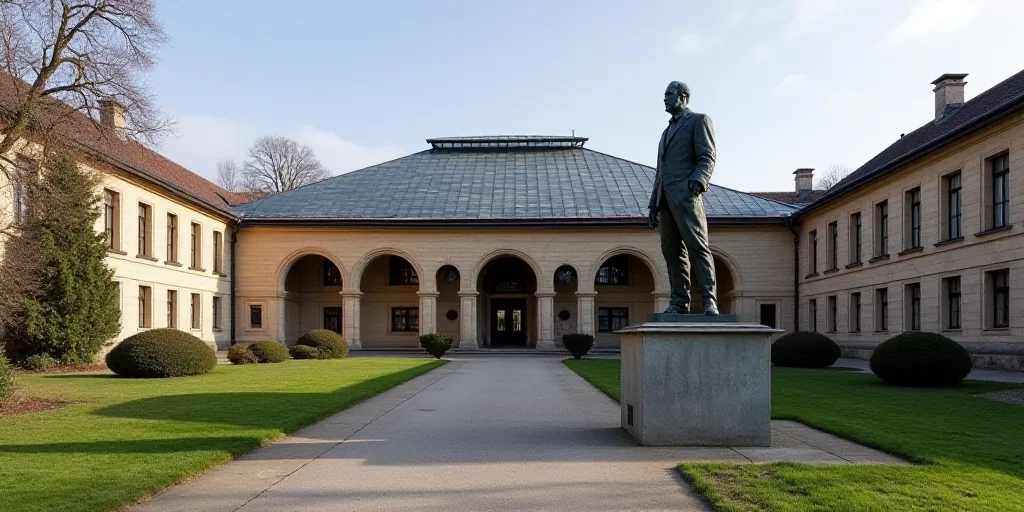México faces uncertainty due to US tariff policy, which has paused investment. However, President Donald Trump’s recent decision to exclude México from reciprocal tariffs presents a new opportunity for nearshoring.
Expert Opinions on the Matter
- Lizette Gracida, Toyota México: Trump’s decision is a relief but uncertainty remains, complicating investment.
- Claudia Ávila Connelly, IED expert: Despite tariff tensions, foreign investment continues to arrive in Mexico, signaling positivity.
Recent investments announced in México include:
- Ford’s expansion
- MercadoLibre’s initiatives
Infrastructure Challenges
Experts emphasize that México must address infrastructure issues, particularly in air, road, rail, energy, and water sectors, to enhance competitiveness.
Impact on Automotive Industry
While tariffs on other countries improve Mexico’s competitive position, established industries must adhere to T-MEC rules. Non-compliance may result in 52.5% tariffs, making operations unfeasible.
- 25% under Section 232 (security risk)
- 25% under the International Emergency Economic Powers Act (IEEPA) for migration and drug issues
- 2.5% due to Most-Favored Nation status
This situation is critical for companies not meeting T-MEC rules, leading to uncertainty about future compliance.
Kenneth Smith Ramos’ Analysis
Around 40% of Mexico’s US exports fail to meet T-MEC origin rules, making them exposed to tariffs. The government is working with compliant companies to expedite rule adherence.
Despite challenges, recent investments totaling over $50 million indicate optimism for Mexico’s industrial nearshoring prospects.



